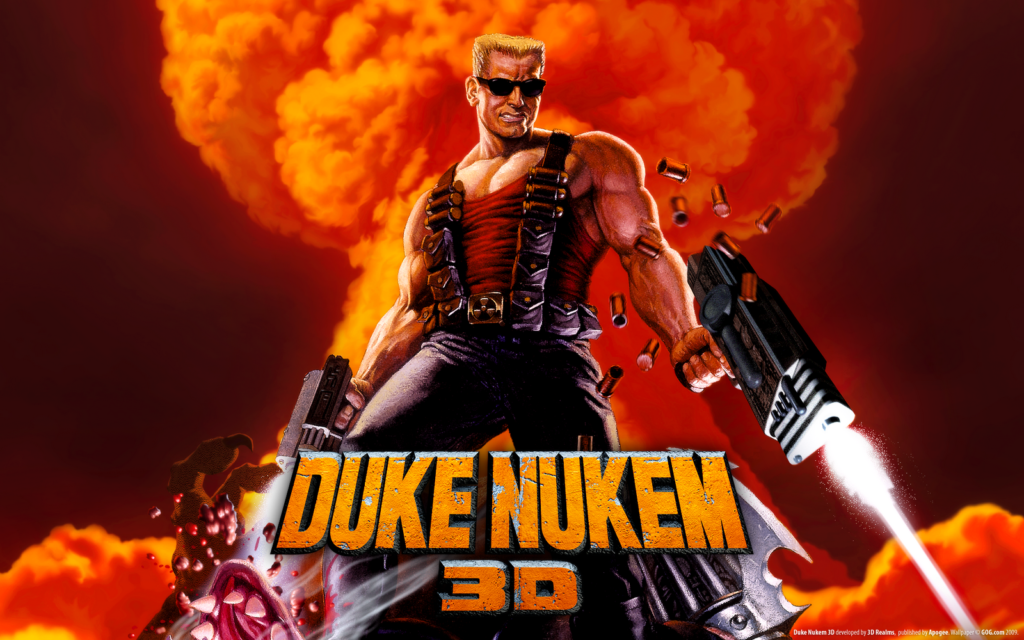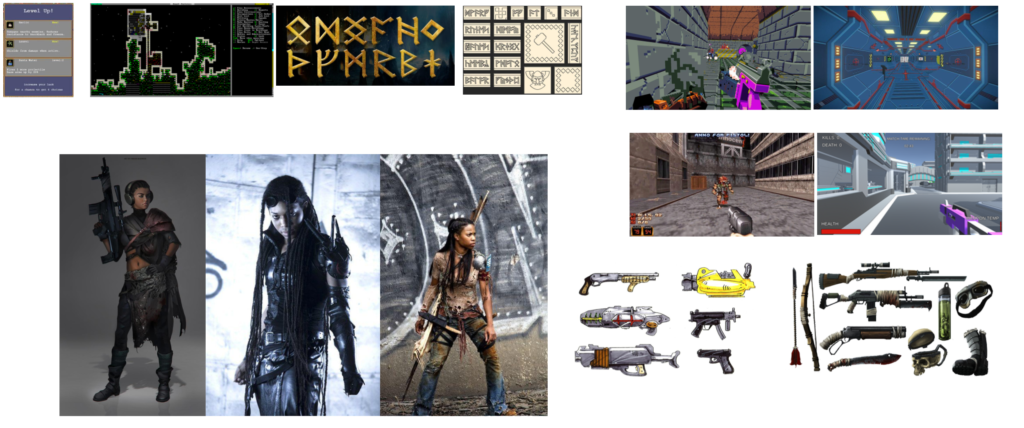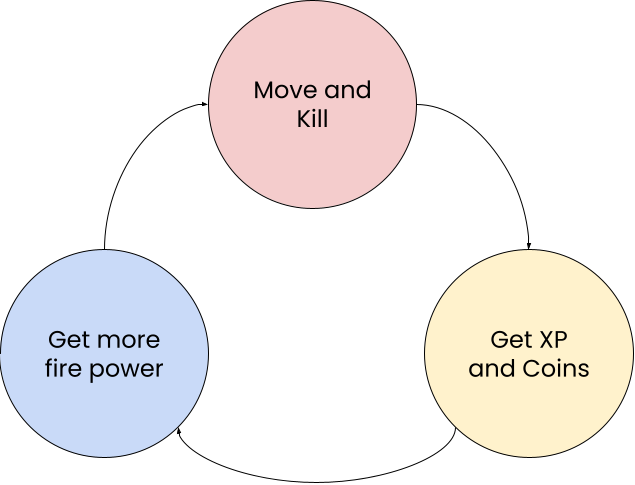I am actively looking for a new job, while preparing my next step which will be a course on game writing and also a deep study of the Unreal Engine. I am arrived at a point where I consider myself pretty good at free to play, but I am constantly playing indie and AAA games. Why not try do some small indie experiment?
So that I fell in this paradox lately. I see a lot of huge investments and acquisitions towards companies and projects which are basically clones of existing success cases. I see also a bunch of independent people with really good ideas struggling to pay the bills at the end of the month. What the heck is going on? Why those people cannot manage to get investments?
So that the next guess is that maybe they don’t even try to sell something. Every game studio needs something who knows how to sell the idea behind. And suddendly some very old concept, like 3d lowpoly characters in a 3d World becomes the Metaverse. And some people buys that idea.


